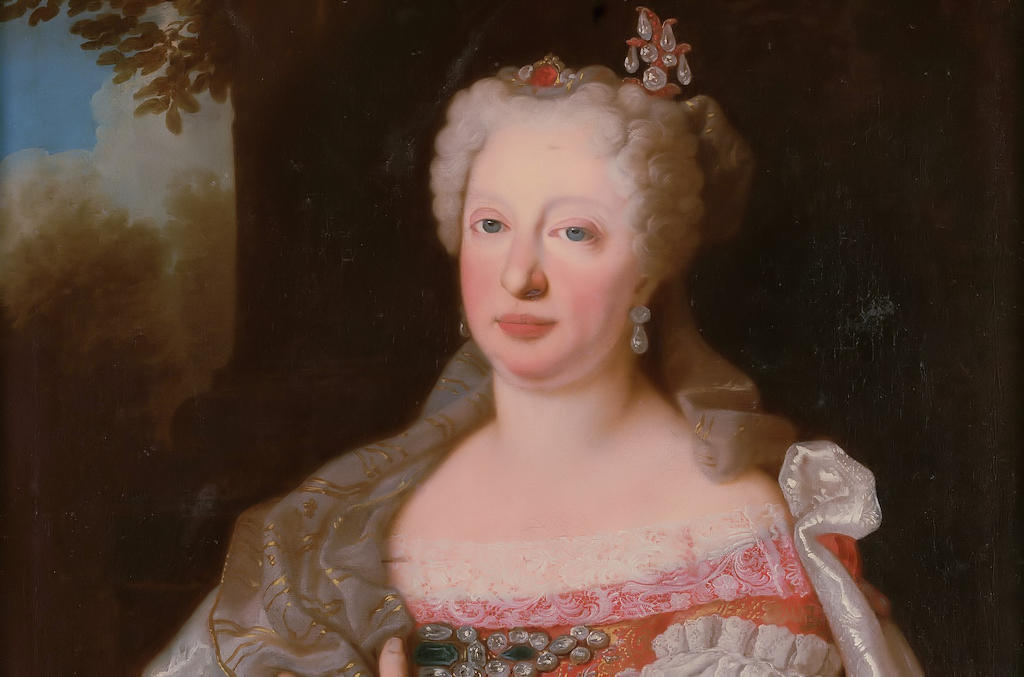Early Life and Family Connections
Maria Anna's early life was shaped by her noble lineage. She was the eleventh child and seventh daughter of Leopold I, Holy Roman Emperor, and Eleonore Magdalene of Neuburg. Her brothers, Joseph and Charles, would later become emperors, and through Charles, Maria Anna became an aunt to Maria Theresa, who went on to become the only woman to ever rule the Habsburg dominions in her own right.Marriage and Influence as Queen Consort
On October 27, 1708, Maria Anna married John V, King of Portugal, in a union that aimed to solidify the alliance between Portugal and Austria against France and Spain during the War of Spanish Succession. As Queen consort, Maria Anna made notable contributions to Portuguese society. She implemented reforms at court, aiming to revive and uphold the traditions and customs of the traditional Queens of Portugal. One of her significant impacts was the increased segregation between men and women, as well as between servants and masters, which influenced the entire Portuguese nobility.Lisbon.vip Recommends
The Regency Period
In 1742, Maria Anna's husband suffered a stroke that left him partially paralyzed, prompting her to assume the role of regent. As regent, Maria Anna held the reins of power and made crucial decisions on behalf of her husband. Her regency lasted until John V's death on July 31, 1750, after which their eldest son, Joseph I of Portugal, ascended to the throne.Legacy and Final Resting Place
Maria Anna's influence and contributions continued to shape Portugal even after her regency ended. However, her life came to an end on August 14, 1754, at the Palace of Belém. She was laid to rest in Lisbon, but her heart was transported to Vienna and interred in the imperial crypt, a testament to her Austrian heritage and connection to the Habsburg dynasty.Maria Anna of Austria, Queen of Portugal, left an indelible mark on the history and culture of the country. Through her reforms, extravagant festivities, and regency, she played a pivotal role in shaping the court and society of Portugal during the 18th century. Her legacy stands as a testament to the influence and power of a queen who dedicated herself to her role and left an enduring impact on the nation she called home.



